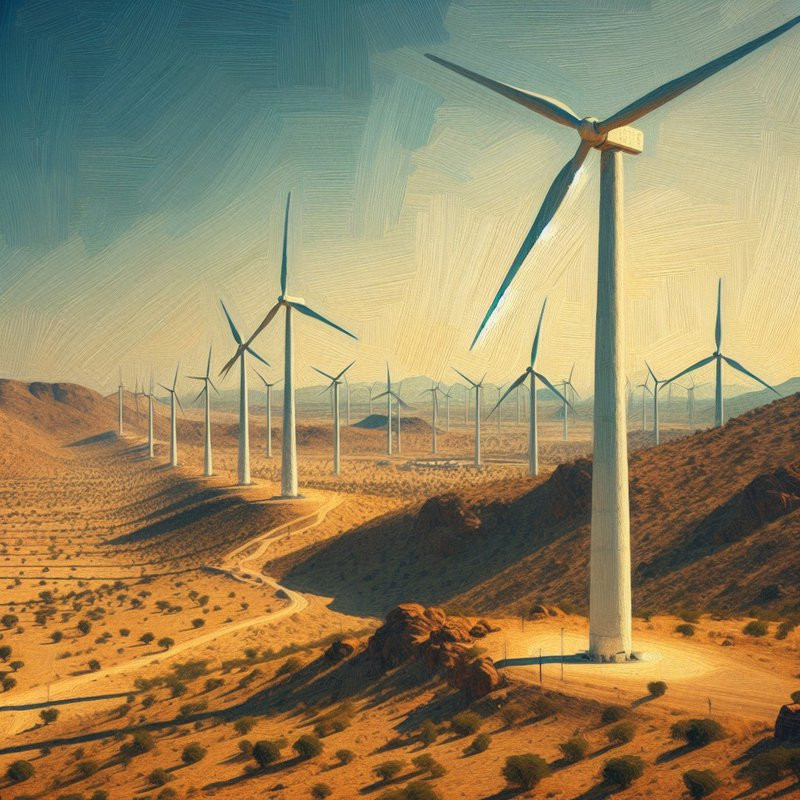World Sustainable Energy Day is an annual event celebrated on March 4th to raise awareness about the importance of sustainable energy and its role in combating climate change. This day serves as a reminder for individuals, communities, and nations to embrace renewable energy sources and reduce their reliance on fossil fuels. In this blog post, we will explore the history, key features, and celebrations of World Sustainable Energy Day, with a focus on how it is observed in India. We will also discuss ways to spread awareness about the importance of different types of energy and provide a list of sustainable and non-sustainable energy sources.

The History and Key Features
World Sustainable Energy Day was first established in 2001 by the OÖ Energiesparverband (Energy Agency of Upper Austria) in Austria. It aims to promote sustainable energy practices and technologies while addressing environmental challenges such as global warming and air pollution. The event brings together experts, policymakers, industry leaders, researchers, and the general public to exchange knowledge, showcase innovative solutions, and discuss strategies for transitioning towards a sustainable energy future.
One of the key features of this day is the International Conference on Biomass held in Wels, Austria. This conference focuses on biomass energy production and its potential in reducing greenhouse gas emissions. Additionally, various workshops, exhibitions, seminars, and networking events are organized globally to educate people about sustainable energy options.
Celebrations in India
In India, World Sustainable Energy Day is celebrated with great enthusiasm. The government actively participates in promoting renewable energy sources such as solar power, wind power, hydropower, bioenergy, and geothermal energy. Several initiatives have been undertaken to increase renewable energy capacity across the country.
One notable initiative is the International Solar Alliance (ISA), launched jointly by India and France during the United Nations Climate Change Conference in 2015. ISA aims to mobilize over one trillion dollars for the deployment of solar energy by 2030 and promote solar applications in various sectors.
India is also making significant progress in wind energy. The country has a vast coastline, which makes it suitable for offshore wind farms. Several states have implemented policies and incentives to encourage the development of wind power projects.
Spreading Awareness about Energy Importance
To spread awareness about the importance of different types of energy, we can take several initiatives at an individual and community level:
- Education: Educating ourselves and others about sustainable energy sources and their benefits is crucial. We can organize workshops, seminars, and awareness campaigns in schools, colleges, and local communities to educate people about renewable energy options.
- Advocacy: Engaging with policymakers and advocating for sustainable energy policies can have a significant impact. Writing letters or emails to elected representatives, participating in public hearings, or joining environmental organizations can help amplify our voices for a cleaner and greener future.
- Energy Conservation: Encouraging energy conservation practices such as turning off lights when not in use, using energy-efficient appliances, and reducing unnecessary electricity consumption can make a difference.
- Community Initiatives: Collaborating with local communities to establish community-led renewable energy projects like solar panels on rooftops or small-scale wind turbines can showcase the benefits of sustainable energy firsthand.
Sustainable vs Non-Sustainable Energy Sources
Here is a list of commonly used energy sources categorized as sustainable or non-sustainable:
Sustainable Energy Sources:
- Solar Power
- Wind Power
- Hydropower
- Biomass Energy (from organic materials)
- Geothermal Energy
Non-Sustainable Energy Sources:
- Fossil Fuels (Coal, Oil, Natural Gas)
- Nuclear Power (although it doesn't emit greenhouse gases, it poses other risks)
It is important to note that while nuclear power does not emit greenhouse gases during operation, its long-term waste management poses challenges that need careful consideration.

Conclusion
World Sustainable Energy Day serves as a reminder for us to prioritize sustainable energy sources and reduce our dependence on non-renewable resources. By celebrating this day, spreading awareness, and actively participating in the transition towards cleaner energy options, we can contribute to a greener and more sustainable future. Let us embrace renewable energy technologies and promote sustainable practices to combat climate change and ensure a better world for future generations.